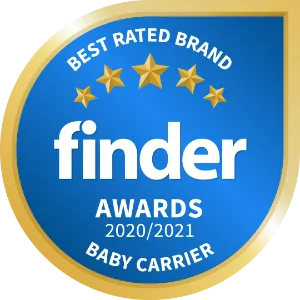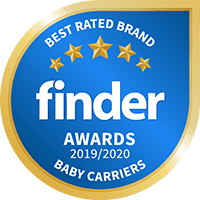Cost
Depending on the style, baby carriers usually cost anywhere from $50 to $300. We know raising a baby isn't cheap, so it can be tempting to cut costs with a budget carrier. However, spending a little more can give you the peace of mind that your baby is safe and secure. Some cheaper models also don't offer as much durability as more expensive models.





